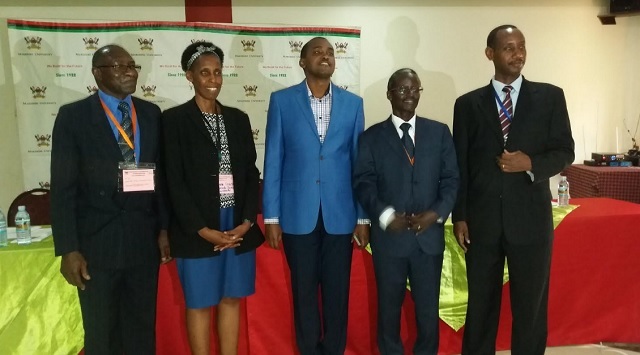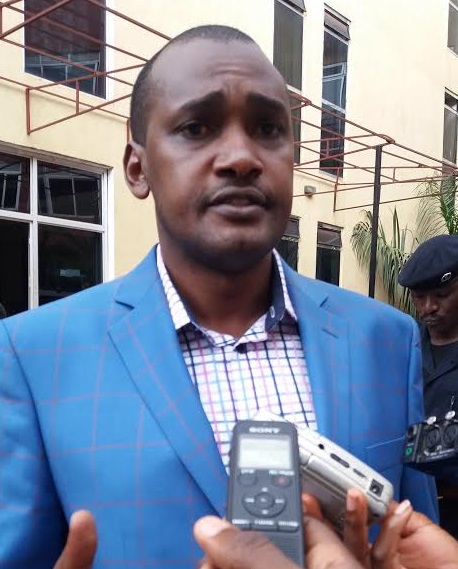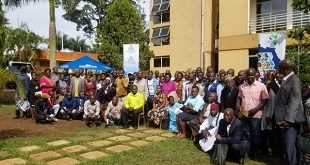
The government intends to establish a practicing educational institution of higher learning for journalists to refine their skills as a way of enabling them to serve the public better through disseminating information.
Minister of Information, Technology and Communications (ICT) and National Guidance Frank Tumwebaze argued that due to the critical role that journalists play in nation building, they need specialized training before they start practicing to improve their art of exercising good news judgment and understanding of ethics to guide them.
“Lawyers have the Law Development Centre. I think that it is time for journalists to also have a practicing school that is why I am here to consult you as seniors in the profession,” he said at the opening of the 6th annual East African Communication conference at Grand Global Hotel in Makerere on Friday.
Tumwebaze added that the institute will also train and award short certificates to performing journalists who have never attained any journalism training.
Tumwebaze also said he is opposed to the new regulation by parliament to stop journalists without degrees from covering parliament noting that a degree doesn’t guarantee good performance of a journalist in the field. He explained that journalists should instead be trained to become better in the execution of their work.
Head of the mass communication at Uganda Christian University Monica Chibita, who is one of the conveners of the conference, said universities like any other institution cannot churn out only good journalists noting that good performance results from personal efforts.
“The desire to start a practicing school by the government is a good idea but it doesn’t mean we have failed in bringing out the best journalists,” noted Chibita.

Media and Development
“Of course, at the centre of a strong EAC are its people and the engine that drives enduring integration is mostly effective communication through media and other various platforms. For example, the media among others helps people make sense on behalf of the people the meaning of integration and regionalism, as well as drawing attention to the opportunities and challenges that integration brings to them,” Tumwebaze told the conference.
Tumwebaze said the media should play an important role as countries in the region continue to swiftly advance efforts to have the East African community come of age as a strong economic and political bloc.
Professionalism
“Media should be patriotic, for example, while criticism against the governments is healthy and indeed part of the communication, narratives that seek to brand the East African Community wrongly and frame it with sensational and conflated images, should not only be seen as unpatriotic but should be confronted and opposed by all”, said Tumwebaze.
Tumwebaze said it is important that we advance professional communication, balanced and principled media. Professional communication must for instance ensure that target audience is reached, the medium is effective and feedback is received.
 The Independent Uganda: You get the Truth we Pay the Price
The Independent Uganda: You get the Truth we Pay the Price



